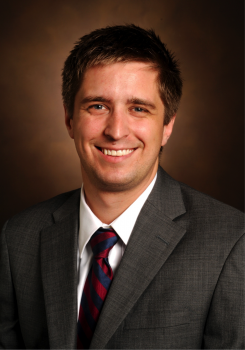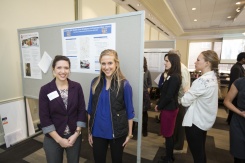New NEJM Study Co-Authored by Dr. Carlos Grijalva: Respiratory Viruses Cause of Community-Acquired Pneumonia in Children
Dr. Carlos Grijalva, MD, MPH, and his colleagues from the multicenter Etiology of Pneumonia in the Community (EPIC) study published their recent findings in the New England Journal of Medicine. They found that respiratory viruses were responsible for 4 out 5 cases of community-acquired pneumonia hospitalizations among children, whereas bacterial infections accounted for fewer than 1 in 10 cases, and a combination of bacterial infections and viruses also accounted for fewer than 1 in 10 cases.






